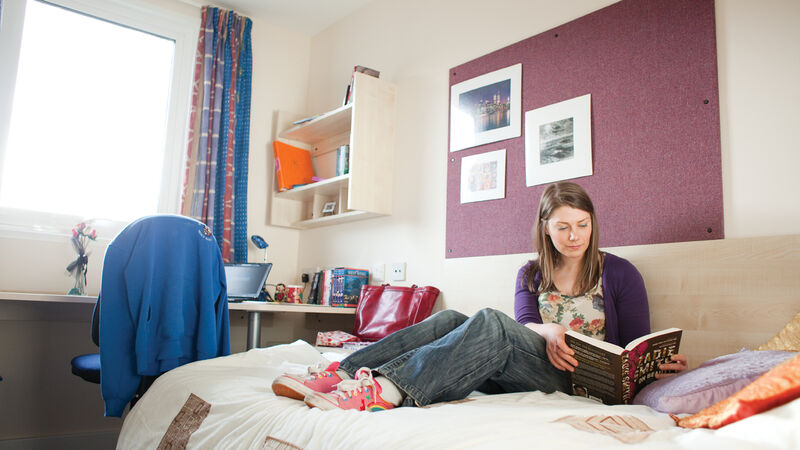Could student digs alleviate our cost and accommodation crises?

The Government is promoting the rent-a-room relief scheme, which Further and Higher Education Minister described as 'an immediate practical measure' that colleges and local communities can help with today. File picture
Irish households are facing a grim winter amid the biggest cost-of-living hikes in almost four decades.
People here pay more than the EU average for food, drink, energy, transport, communications, and restaurants, the European consumer body, Eurostat, has found.
















